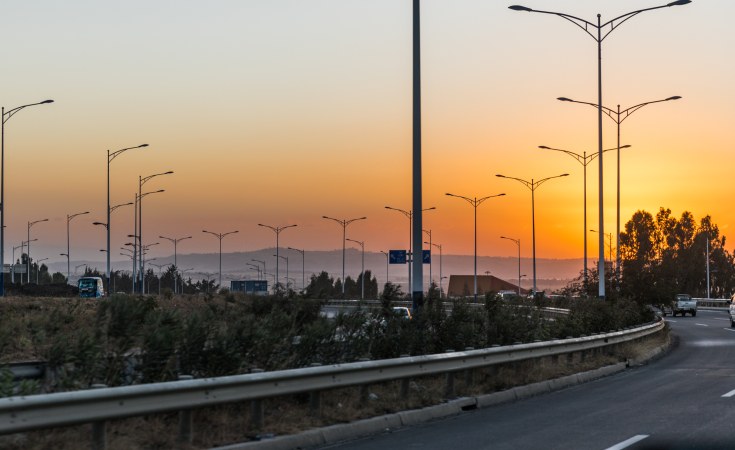Addis Abeba: The humanitarian situation in Western Oromia has further deteriorated in 2022 due to intensified hostilities and inter-communal violence. Reportedly, some 500,000 people have been recently displaced in the sub-region, including thousands displaced multiple times from Kamashi zone (Benishangul Gumuz Region, BGR) since 2018, who are unable to return to their place of origin due to insecurity. Aid workers, mostly Ethiopian nationals, continue working to deliver humanitarian assistance in a volatile environment where humanitarian principles are continuously challenged. In 2022, partners have come under increased security threats, including two shooting incidents, various harassment, temporary detention, and forceful commandeering of their vehicles.
In 2018-2020, inter-communal violence between Oromo and Gumuz (BGR) communities as well as hostilities between security forces and armed groups impacted humanitarian access mainly in West and Kellem Wollega zones. Since 2021, clashes have expanded to East and Horo Guduru Wollegas as well as to North, West, South-west and East Shewa zones, prompting forced displacements within Oromia and into Amhara region. Further, insecurity has impacted partners' movements along the Addis Abeba - Ambo - Nekemte road and into Assosa, impending the movement of supplies and fuel for relief operations to thousands of IDPs and refugees in Assosa and Mao Komo Special Woreda (BGR). On the other hand, some areas in Kellem Wollega that were hard to reach for years have now become accessible, and access to southern parts of East Wollega has improved.
The humanitarian response is severely impacted by a combination of access restrictions, inadequate funding, and limited partners' presence. Subsequently, global acute malnutrition (GAM) rates among children under five years old have risen to 22 percent, and among pregnant and lactating women to 42 percent (source: Rapid Nutrition Assessment). Meanwhile, partners report not being able to distribute nutrition items - particularly high-energy biscuits - in certain areas due to security considerations, which is restricting the impact of the nutrition response. Insecurity is forcing partners to restrict activities along main roads, away from rural areas, which limits the number of people reached, leaving thousands of IDPs without assistance in Horo Gudru Wollega and those who moved back from Kamashi (BGR) and who have not been registered until now.
The population's access to essential services such as education, healthcare or water and sanitation in recent years has been highly compromised because of violence and the destruction of existing infrastructure. Through Western Oromia, 426 health facilities are reportedly non-functional due to looting and destruction. In East Wollega, 144 schools remain closed and over 62,000 children out-of-school. Similarly, in West Wollega, 184 schools are closed and 89,000 students out of school. Partners are unable to re-stock essential health and nutrition supplies due to insecurity and other restrictions. Access to markets from rural areas is hindered, while woreda centers are facing shortages of essential supplies due to road blockage. Food deliveries to the affected population are intermittent and incomplete due to a combination of insecurity and budgetary/logistical challenges faced by authorities. Partners are considering ways to ensure food aid is delivered to remote locations.
Aid workers continue to operate in a high-risk environment often undergoing serious threats and risks such as intimidation, harassment, attacks on ambulances and medical missions. In recent months, Western Oromia has also experiencing a rise in criminal activity, with several incidents of abductions and carjacking reported, particularly along the Ambo-Nekemte Road.


